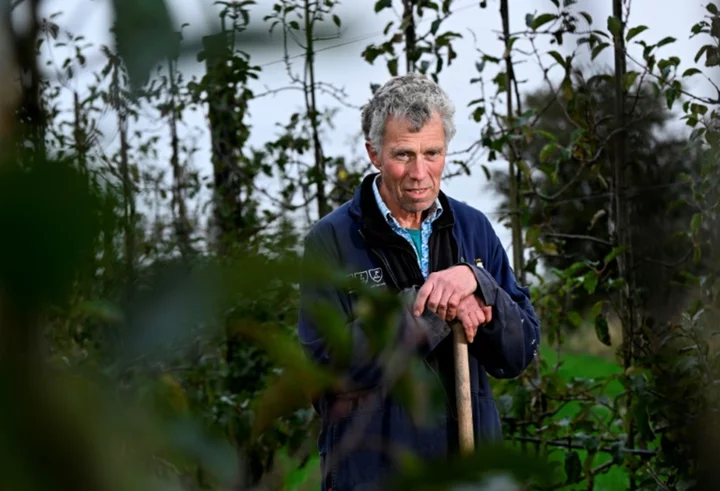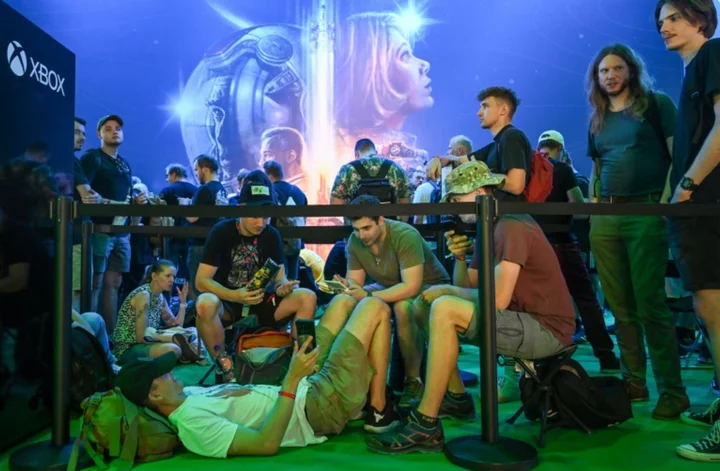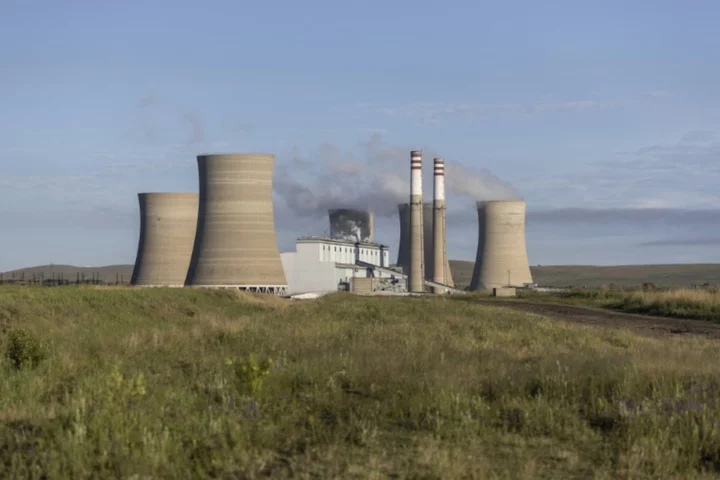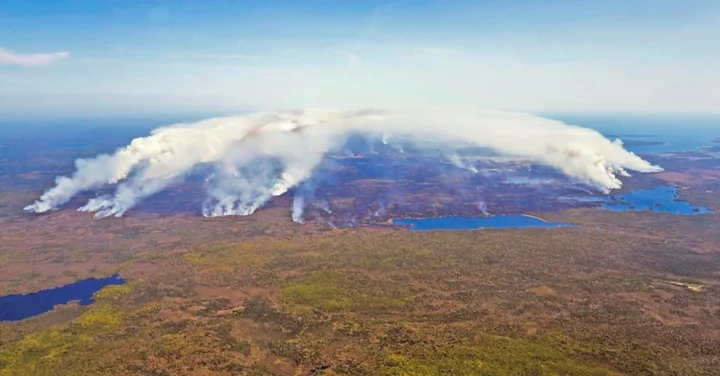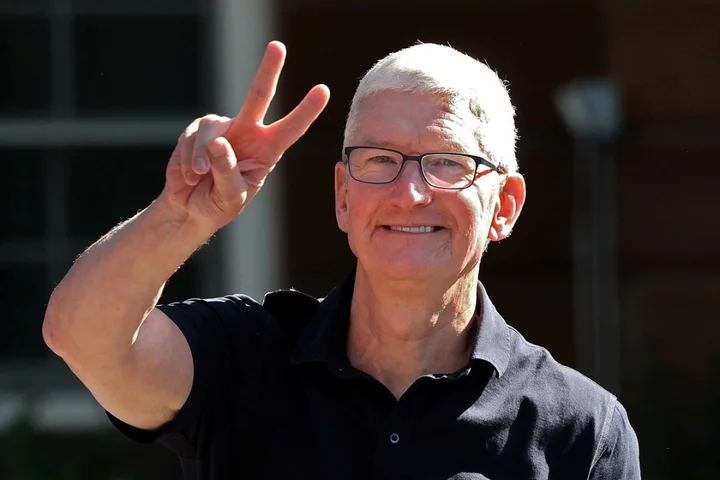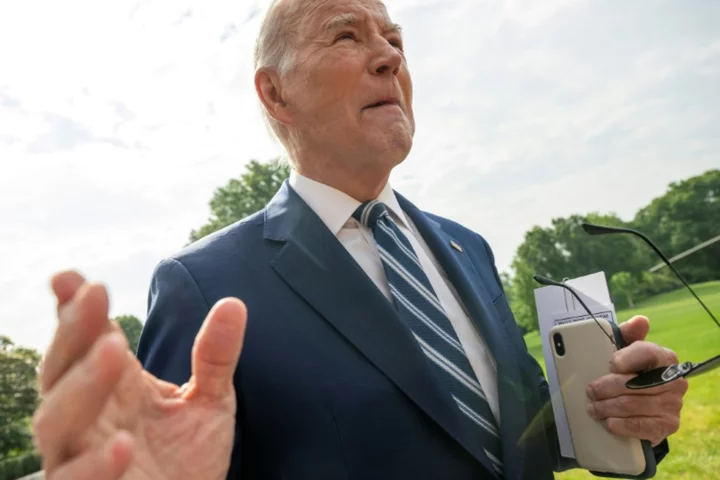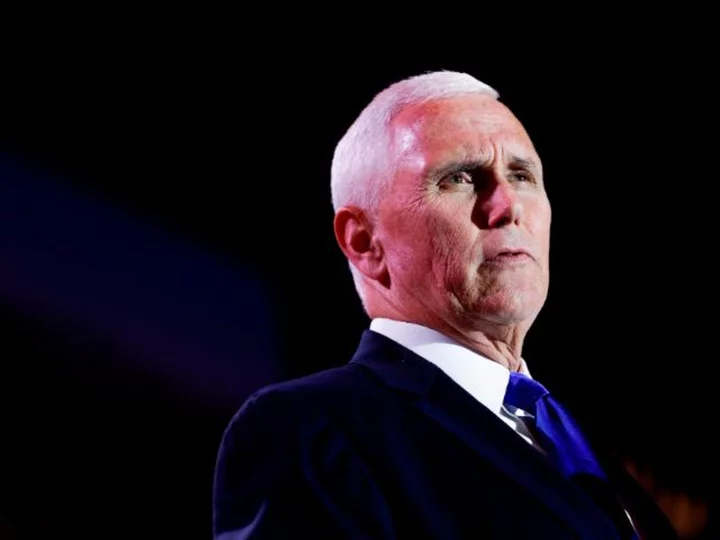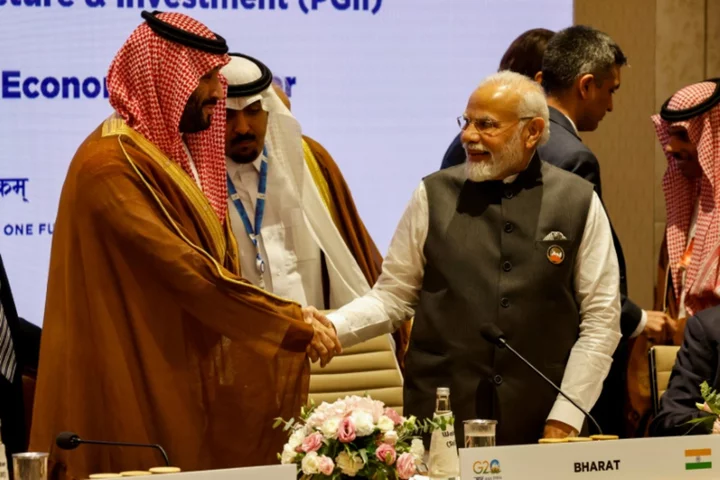Spade in hand, Dutch organic farmer Piet Glas strolls off with his Jack Russell terrier Ollie to hunt mice nesting in a nearby apple orchard.
Here on the Eikemaheerd farm in a far northeastern corner of the Netherlands, Glas, 60, says he feels just as remote from the Dutch government as his location is from the seat of power in The Hague.
That feeling of disconnect between the people and politicians is a major theme of the November 22 election and has sparked the emergence of new parties seeking to shake up the political landscape.
For at least two decades, farmers and townsfolk alike in this region have felt abandoned as they endured a raft of earthquakes -- the result of extraction from the EU's largest gas field since the early 1960s.
Despite a flurry of recent compensation measures by Prime Minister Mark Rutte's outgoing government, many say they have been left drowning in red tape -- resulting in years of waiting for pay-outs and growing disillusionment.
- 'Slow going' -
Last month, the Dutch government finally closed the taps on six decades of gas mining, saying the field would only be reopened under "extraordinary circumstances".
But many farmers like Glas, and his neighbour Ina Brookman, who lives a few kilometres down the road, say they don't expect the cracks in their homes to be fixed any time soon.
"We've lost a lot of trust in national politics. There is a lot of unhappiness," said Glas, whose farm produces organic apples, berries and free-range chickens for sale in the nearby village of Loppersum.
"It's going very slowly at the moment. We have to fight for things and all the restoration is a big problem," Glas said.
"Everybody around here says 'seeing is believing'," added Brookman, who also sits on the local board of businesses in Loppersum -- located close to the epicentre of the seismic activity.
"We have been waiting for eight years to have reinforcements done, but you are sent from pillar to post," she said.
- 'Big voice' -
It's not just Groningen's farmers who are unhappy.
Across rural Netherlands many farmers still fly upside-down Dutch flags on their homesteads and next to highways -- a sign of distress that has become the unofficial symbol of their protest.
For the past two years, farmers have shot down proposals to cut Dutch nitrogen emissions by slashing livestock numbers and possibly closing polluting farms.
The boiling discontent resulted in the massive victory of the rural-backed Farmer-Citizen Movement (BBB) party in key provincial elections earlier this year.
And although the BBB's support has been checked by the emergence of newer political parties, both the nitrogen problem and the aftermath of earthquakes in Groningen remain substantial political issues.
The issues raised by Dutch farmers will continue to resonate even after the November 22 election.
"Farmers still have a big voice in Dutch politics," said Tom Louwerse, associate professor of political science at Leiden University.
"These issues will inevitably come back. They haven't gone away. It's just being ignored a little bit at the moment," Louwerse told journalists at a pre-election discussion.
"Depending which government is there, I think (nitrogen) again will be an issue they will protest about," Louwerse said.
Despite widespread discontent, there is some light at the end of the tunnel.
Many of Groningen's farmers voiced great admiration for a visit from Dutch King Willem-Alexander last month.
They also praised the outgoing government's deputy minister in charge of mining, Hans Vijlbrief, who they said has been working hard to get the bureaucratic cogs turning.
More than half of Dutch farmers now say they are noticing the impact of climate change on their businesses and are willing to invest in sustainable energy.
On Eikemaheerd organic farm, Piet Glas said the government should not be the only ones to find solutions.
"As farmers, we also need to look at doing things differently. We too need to look at new ways of farming," he said.
jhe/ric/yad/ach

